This year’s International Women’s Day theme is ‘Break the Bias‘. Whether deliberate or unconscious, bias makes it difficult for women to move ahead. Knowing that bias exists isn’t enough; We need to act to level the playing field. We spoke to some of our leadership team about what ‘Break the Bias’ means for them.
What does ‘breaking the bias’ mean to you?
Joana Palha, Senior Innovation Manager – “Breaking the bias is about change and celebration, and it starts by accepting that differences exist. It’s about fighting for an inclusive and equitable world. People come from different backgrounds, have different needs, ways of thinking and skillset, but this is what makes people unique and drives to resilience and strength – it’s all about valuing the power of diversity.”
Naomi Ikeda, Innovation Manager – “To me, it means taking the time to realise that this bias still exists, both consciously and unconsciously, and as a population, we still have more to do in the fight for fairness and inclusivity.
Njy Rios, Innovation Director – “Challenging gender stereotypes that negatively impact women’s progression at the workplace.”
Jenny Temenu, Head of HR – “To me, breaking the bias means constantly evolving, never stopping pushing boundaries, never stopping questioning or challenging the status quo. It’s a journey of reconstruction and breaking down structures that disadvantage women in our society. It’s a call to action for us all to contribute toward substantial changes within policies and practices that impact the intersectional, structural, and institutional margins and biases that affect women’s experiences.”
Describe your leadership style and how you lead others.
Joana – “I work with incredible people that have distinct needs, passions and strengths. For leaders, it’s important to listen and reveal our human side to understand others to inspire and motivate them to achieve their career goals. My goal is to promote an environment that encourages people to share ideas, challenges and successes. It’s important to ensure that we have a workplace culture where people feel comfortable to ask questions, to challenge and be challenged, to make mistakes, to learn and to laugh.”
Naomi – “I naturally lean towards coaching and supporting styles of leadership. It’s important that the people I lead feel empowered to be confident in making decisions, have different views and ideas, and feel supported in their environment. I lead by facilitating open communication, utilising this to bring out the best in each team member. Ultimately, I want to empower those around me by cultivating their best qualities so they can become leaders themselves.”
Njy – “My leadership style is fluid and adapted based on the situation. However, fundamentally I choose to lead through coaching and creating an empowered team I trust. If I can’t trust those I work with, I’m not doing my job well.
How do you succeed in a male-dominated environment?
Joana – “I started my career in the Construction industry and then moved to consultancy. Working in a male-dominated environment with limited female role models was intimidating at times. To succeed, I would always try to use my self-critic sense to identify and evaluate my strengths and challenge myself to expand my skillset and knowledge. It is key to work hard, be reliable, perseverant and think outside the box without losing sight of our goals. I would also seek out allies/role models to promote a supportive and inspiring work environment.”
Naomi – “Know that you have the skills, experience, perspective and knowledge to be there. It will be your confidence in yourself that will keep you there. Role models and support are crucial, regardless of gender. Adding to that, women can support women; we do not have to feed into the rhetoric of unhealthy competition due to the few places for women in these environments.”
Njy – “By not being afraid to assert my opinions and never thinking that being the only woman in a room made me any less capable.”
What would you change about the assumptions made of women by men?
Joana – “People make assumptions about women’s ability based on how they present themselves and their behaviour. Similar behaviour can be perceived in a different way depending on gender. For example, a successful and assertive woman is more likely to be perceived as too competitive, intimidating or bossy; however, a man with similar behaviour is perceived as a leader. This attitude is something that needs to change. We need to stop the assumption of skills that are considered feminine and that success and leadership requires a set of masculine skills.
It is also important to note that we need to break the assumptions made not only by men but also by women regarding their abilities. For example, women are less likely to apply for a job if they don’t meet at least 90% of the job requirements. Speak up and contribute; let’s not underestimate people by making assumptions about their skills and competency. Women and men have distinct skillsets and experiences that must be recognised and valued on their own to allow equal career opportunities. “
Naomi – “All the assumptions that women are ‘weaker’ from various stereotypes. Being nurturing and having empathy, typically considered female-centric qualities, should be viewed as strengths rather than weaknesses. Gender does not define strength and capabilities.”
Njy – “The notion that empathetic women are weak or those that are thorough are indecisive. More importantly, I’d change the assumption that a woman must lead based on male traits to be successful.”
What can men do to help to achieve equality?
Joana – “The first step to achieving equality is to recognise and acknowledge the presence of gender bias and value the fact that people are different. Communication and Understanding are vital in driving change, so we need to keep the conversations alive, and men need to be involved in the process to create full awareness. They must take an active role in challenging stereotypes and confronting bias to achieve equality. Men and women must speak out and intervene when they witness biased behaviour.
Equality also requires diversity in management and leadership. Given that both genders have their strengths needed for a successful leadership model, it is crucial to promote a gender-fair representation in leadership roles.”
Naomi – “Be an advocate for the women. Also, don’t assume and feel free to ask questions. Listen actively and work together to help create environments that would work for all.”
Njy – “Understanding when they may have limiting views in the way they review women’s performance at work and having the self-awareness to challenge them when they arise. To achieve equality, everyone has to have the right environment to thrive regardless of gender.”
Jenny – “I would like to see men challenge and question stereotypes much more. It’s no secret that when women assert themselves, they are often described as aggressive or overly ambitious. However, when men assert themselves, they are seen as confident or strong. I would like to see men question and dispel such comments when they are made. If you hear a comment made about a female colleague describing her as bossy or over the top, ask for an example of what she said or did. Then ask the commenter whether they would have used the same language if that colleague was a man? Let’s start evoking thought! Simply put, be an Ally! Look for opportunities to acknowledge the daily contributions made by women in every aspect.
What advice would you give to the next generation of female leaders?
Joana – “My advice would be: work hard, believe in yourself and don’t be afraid of trying again. Being perseverant, innovative and resilient, without losing confidence in your abilities and values, is key to achieving a successful career.
Naomi – “You can be yourself and succeed. Trust in your abilities, invest in yourself and support one another.”
Njy – “You do not have to change who you are to lead. Focus on building on the strengths and qualities that will lead your team to succeed, and those are not exclusive to men.”
Jenny – “Trust your instincts and continue to push barriers and societal limits – success isn’t a straight line; along your journey, there will be many highs and lows. For me, the key is dedication and perseverance – continually evolve and never give up.”
We also spoke to some of our male colleagues to hear their thoughts on this year’s International Women’s Day theme, Break The Bias.
What does breaking the bias mean to you?
Scott Ward, Partner for People, Performance, & Development – “Breaking the Bias means establishing a world where people’s unconscious minds do not lead them to make biased decisions based upon characteristics such as gender, race or social backgrounds as examples. Levelling a playing field that has been unfair and predetermined for a very long time.”
Danny Vyse, Head of Digital Marketing – “It is a call to action for us all. Inequality has no place in modern society. Everyone deserves an equal voice, and we should be proud of and purposefully promote diversity in all its forms.”
Julien Bassignani, Associate Director, Operations – “It means remaining constantly aware of gender inequalities and ensuring that the same opportunities are provided to everybody in our team, at similar grade and experience, and always consciously considering my decisions in light of this.”
Fran Wilhelm, UK Sales Director – “For me, breaking the bias means challenging the discrimination and stereotypes that unfortunately still live ubiquitously in our world today.”
Nick Tribe, Head of Marketing – “Firstly working on the assumption that women are the absolute equal to men. And then, based on that assumption, continually challenging the status quo in positive and pragmatic ways to see that reflected every day, both at and outside of work.”
How can you contribute towards breaking the bias?
Scott – “I will be contributing to breaking the bias by being an ally when I can. I will listen to those around me and ensure everyone is heard and has an equal contribution or acknowledgement within our workplace. I, with my wife, am bringing up two strong girls and supporting them to be who and what they want to be without barriers or labels. I constantly question my own unconscious bias and ensure I hear what is being said around me to drive positive change. I actively support women’s sports and their publicity opportunities alongside funding versus male sports. I attempt to implement our work within various environments without bias and launch leadership programmes to support women leaders in sport and business. Equality, equity and unconscious bias reform is a huge thread throughout all of our work.”
Danny – “I’ll ensure that we continue to call out discrimination and inequality when it happens; Be an ally to those around me, both at work and at home; and encourage other men to do the same.”
Julien – “I will reflect more on my decisions, my communication and my behaviour to increase my awareness and avoid unconscious biases. I can also implement any feedback I receive concerning any action that could be considered an unconscious bias and actively change how I’m doing things at home and in the office. I can also more actively promote the incredible work carried out by women in our company, both leadership and employees so that it doesn’t become an exception.”
Fran – “Firstly, by being acutely aware that whilst progress has been made, there is so much more we can all do. This starts with each individual, and step one is taking responsibility for our own thoughts and actions. Sales is still an area where women are still largely underrepresented. As the leader, I must also actively seek to educate and encourage others to address their own conscious or subconscious bias, moving us closer to the fully inclusive world it should be.”
Nick – “Supporting female colleagues to demonstrate the full extent of their expertise and experience, both in every day interactions and specifically through the expert comment they create and share on behalf of Ayming.”



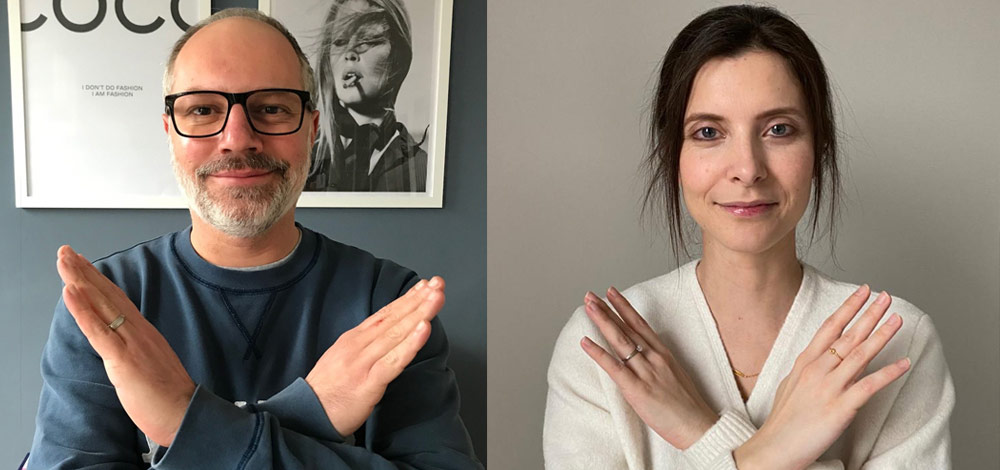




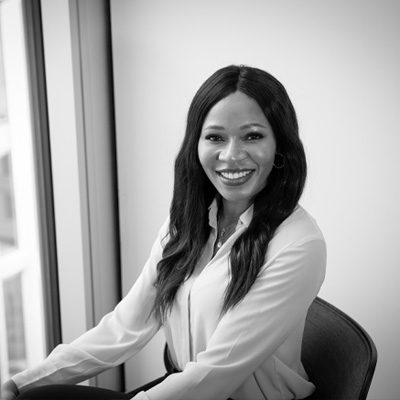
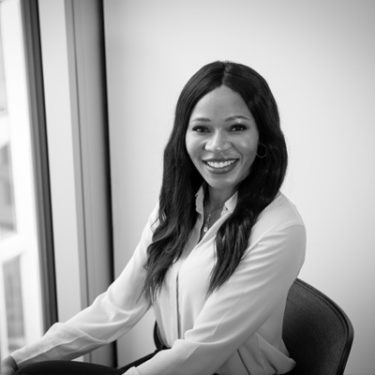

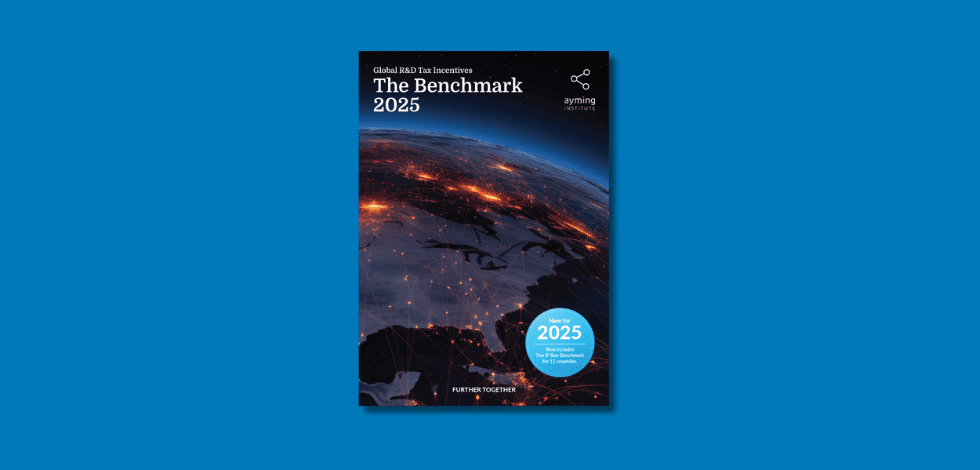
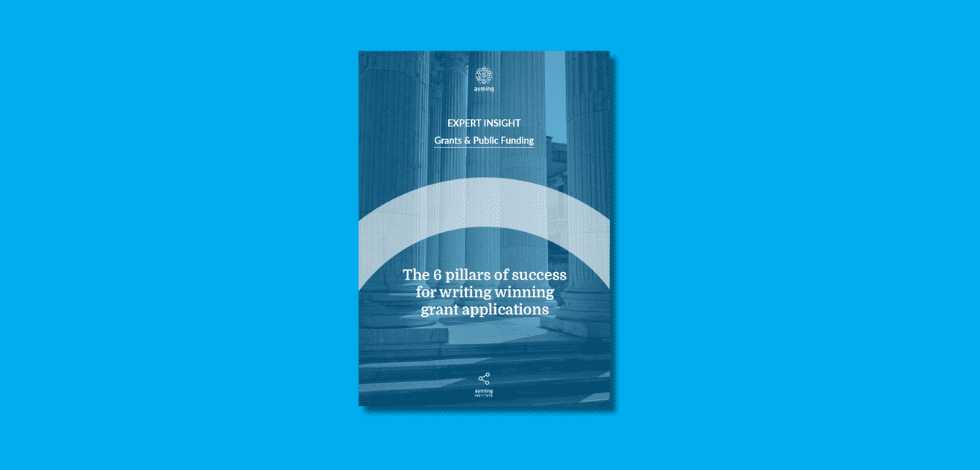


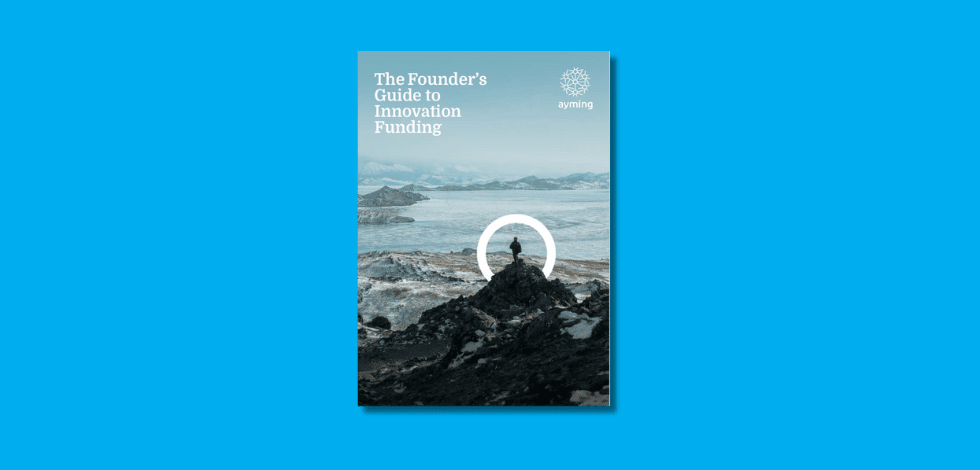



No Comments